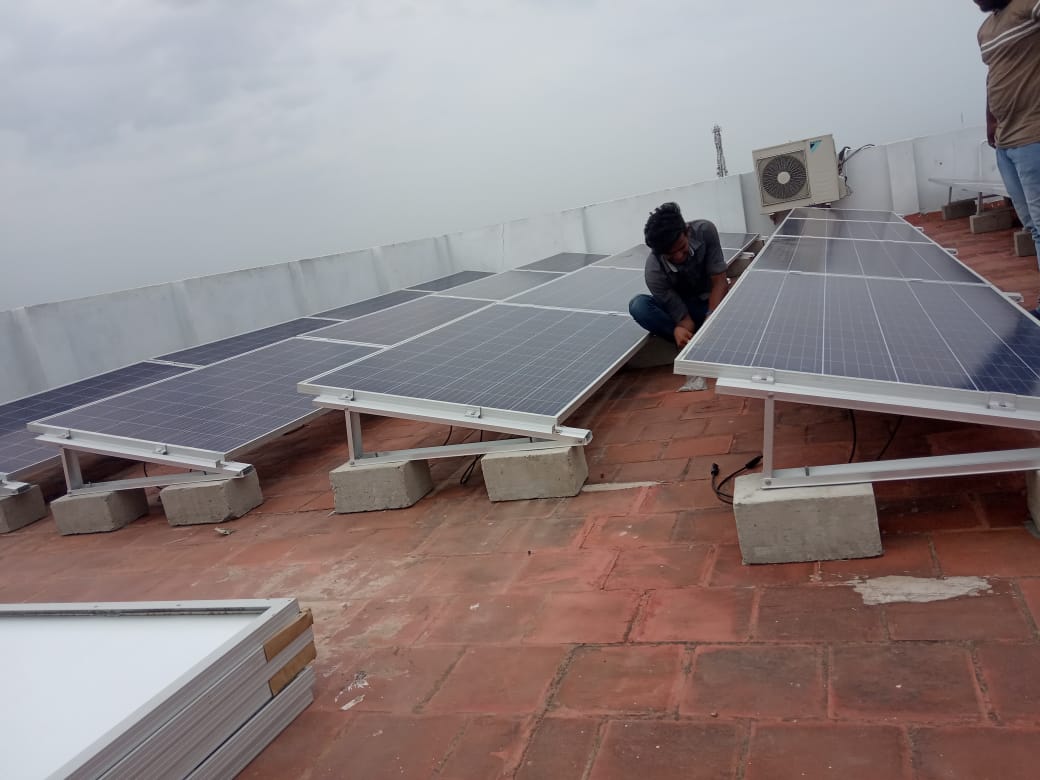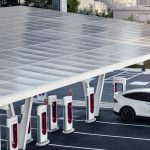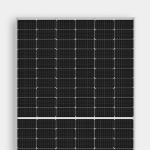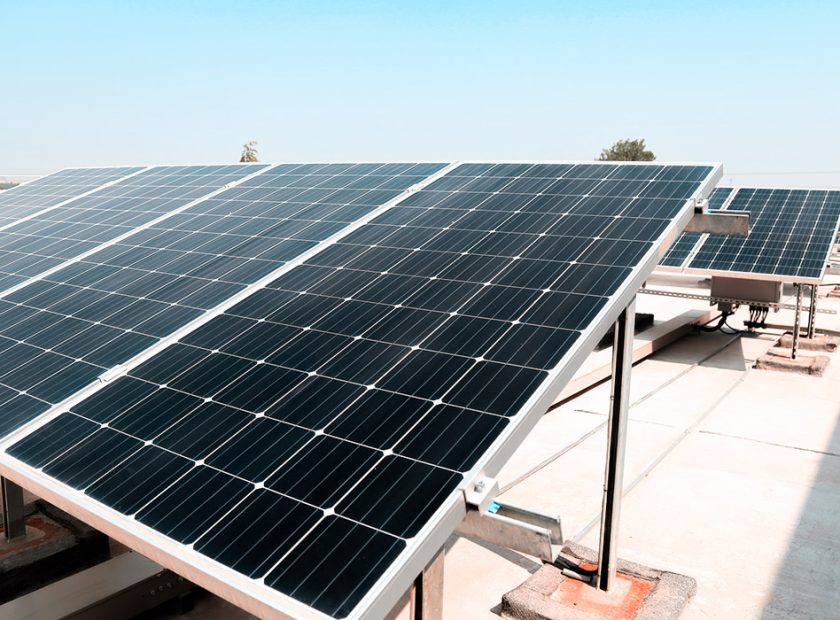Off Grid Vs On Grid

On-Grid vs. Off-Grid Solar Power Plant.
When it comes to the topic of solar panel installation, you may have heard about the terms grid-tied (a.k.a on-grid) and off-grid solar Power Plant. These two are such important concepts to learn when installing solar power systems.
Depending on your location in India, power requirements and grid availability, you will have to choose which one to install. In this article, we will further elaborate on the differences between these two systems.
What’s the main difference between on-grid & off-grid solar systems?
The simple answer to this is that on-grid / grid-tied solar systems are connected to the main utility power lines called the grid, while off-grid systems are not. An off-grid system may require batteries and, sometimes, a back-up generator; while an on-grid system doesn’t.
In a grid-tied system, there will be a lesser number of components compared to an off-grid one. It’s simply because it does not need an energy storage device, back up generators or complex control electronics.
If you want a cheaper and simpler solar power system, you will go for on-grid system. However, in places where grid power is unstable or not available at all, off-grid solar systems will provide the electricity your appliances need.

Top 5 Differences: On-grid Vs. Off-grid Solar Systems
On-Grid Solar Power Plant |
|
|
|
|
|
Off-Grid Solar System |
|
|
|
|
|
Grid Connected Vs Off Grid solar - Components
On Grid Solar System components |
|
|
|
|
|
|
|
Off-Grid Solar System components |
|
|
|
|
|
|
|
|
Conclusion
The differences between off-grid and on-grid systems are presented here in this blog post. They both have their advantages and disadvantages when it comes to cost, user preference, efficiency, and dependability. However, it is up to the homeowner, or whoever is planning to install solar panels, to do an assessment.
You may want to check how to design a solar power system here. We will be adding new tutorials using different kinds of solar PV simulation software. Here are some articles you might want to read:







